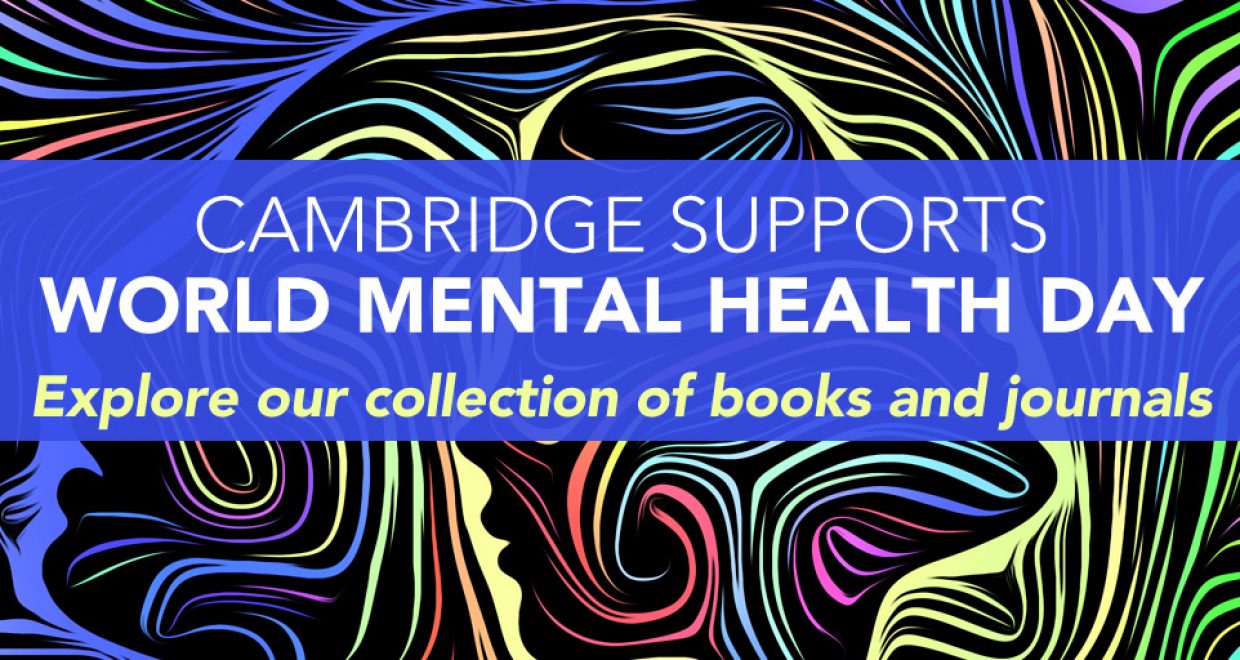Low intelligence linked to suicide risk later in life
People with low emotional control and low scores on intelligence tests in adolescence run a higher risk of suicide later in life. This is according to a study from Karolinska Institutet that followed almost 50,000 Swedish men from the 1970s until recently.
Prior studies have linked low intelligence and low emotional control to an increased risk of completed and attempted suicide. This study adds to that body of research by looking at how the association between suicidal behavior in people with low intelligence and emotional control develops over a period of almost 40 years.
Low intelligence means six times higher risk for suicide
People with the lowest measured intelligence were as much as six times more likely to attempt or die from suicide compared to those with the highest intelligence, according to the findings. In this group, the negative correlation remained stable over time. This means that men with low intelligence are a vulnerable group and highlights the need for preventive measures at all stages in life. The mechanisms that link low intelligence to suicide risk are not fully known, but we have seen previously that people with lower intelligence typically face more socioeconomic adversity later in life. For example, intelligence is strongly linked to educational success, and without a high educational degree you are more likely to end up in a low socioeconomic position or become unemployed. Such conditions might have long-term, adverse effects, even in a welfare country such as Sweden.
Weaker link over time for people with low emotional control
Another interesting finding is that the negative effect of low emotional control is strongest in adolescence and that the risk becomes weaker over the life course. Among men in their 50s, the association between low emotional control and suicide was much weaker. That supports the description of suicide as ‘a permanent solution to a temporary problem’. Going forward, the particularly high suicide risk among this group at a certain point in time should motivate targeted prevention efforts.
Learn more by reading the open access article, How intelligence and emotional control are related to suicidal behavior across the life course, published in Psychological Medicine.
Cambridge University Press is honoring World Mental Health Day, observed on 10 October, by offering free online access to over 170 recently published book chapters and journal articles related to mental health and wellbeing. To access this important research visit www.cambridge.org/wmhd2019.






